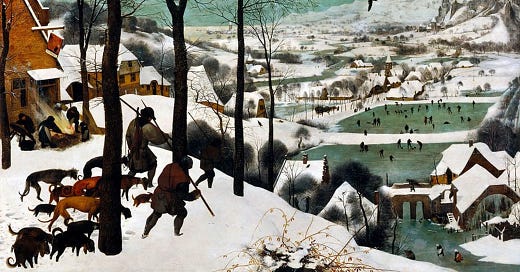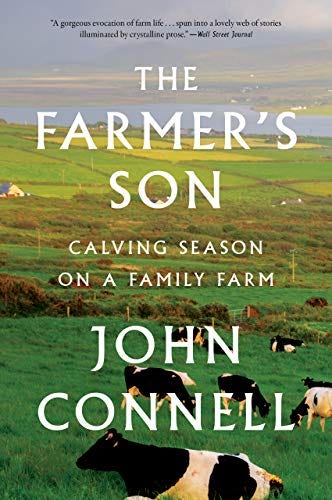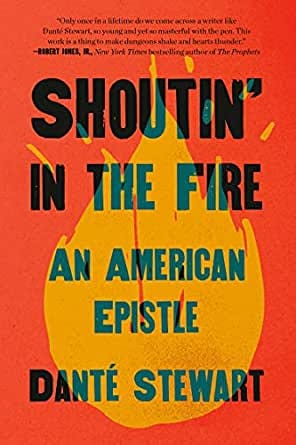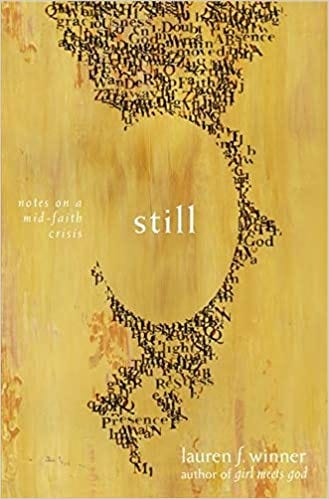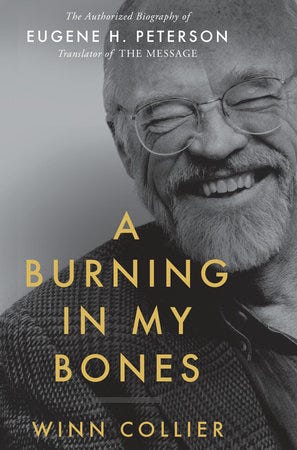HELLO!
It’s been a while! Last time we talked, I said I needed to take a few months to actually write Is It Well?. I did! Almost! I’m in the final chapter, and my agent officially sent it to its first publisher two weeks ago.
Still lots and lots of hurdles (thread about the perils of self-promotion below):

But hey, this is a big step and God has been so faithful throughout this entire journey. Whether this book lands in the hands of just my friends and family or a bunch people I don’t even know, I pray I can be faithful in showing up, doing the work, and handing it over to the Lord.
As we enter the Christmas countdown, I am praying you are able to be fully present with the people you love and you discover joy and rest in unexpected places. I am incredibly grateful for you and for the ways slowness and intentionality help us discover a God who is with us, who does not count our limitations as sins but as signs of humanity.
We are beautifully limited people blessed with the presence of an unlimited God.
Merry Christmas,
Drew
When Beth Moore Responds to Your Tweet…


And Now, Four Books
Need to get some gifts for people and desperate for some book recommendations that center on intentionality and faith? You’ve come to the right place! The list below is comprised of books I’ve read this year (they don’t need to be published this year; they just need to be discovered by me this year).
First, my favorite book of the year…
“The scripture is rich with men of my trade, men who have risked everything to look for a single missing lamb and felt happier at its finding than in the keeping of the other ninety-nine in their flock. I too have known that joy at the salvation of something you thought was lost—as shepherd, as cattle drover, as a man come through darkness.” (46)
It probably comes as a surprise to absolutely no one, but my favorite books are the ones that practice and meditate on modern incarnation: the movement and humming of the spiritual life within very earthy existences. It’s my personal antidote from abstraction or sensationalism, this window into how other humans like myself discover God amidst their own contexts and lives.
John Connell does this in his quiet and thoughtful book about life moving back onto his parents’ farm. It is so incredibly unpretentious and incarnational. I read this early in the year and keep thinking about it.
A book I’m currently reading…
“I saw why [Black theologians] insisted on saying Jesus was Black. Of course they were not talking about his skin color, though he definitely wasn’t white; they were talking about his experience, about his solidarity with the oppressed, about his universal love, about his commitment to God’s just future, about his healing of wounds, and his good news that Black life does not end in this moment but will forever be beautiful, worthy, and loved.” (117)
Danté Stewart did not write this book for me. He did not write this book for white Christians looking for reasons to care about racism (personal or systemic). This is a book about his journey to moving beyond the “white gaze” within evangelical spaces, discovering a God who created him Black and considers him “beautiful, worthy, and loved.” To enter Danté’s narrative is to decenter my own experience; Jesus understood systemic oppression, lived within it, and is with those going through it.
A book about faith-filled crises…
“Maybe God has given some people belief like a pier, to stand on (and God has given those people’s steadiness to the church, to me, as a reminder, as an aid), and maybe God has given others something else: maybe God has given to some this humming sense that we know nothing, this belief and disbelief a hundred times an hour, this training in nimbleness (and maybe that is a gift to the church, too).” (167)
In particular, this is a book about Lauren Winner’s searching for faith amidst the death of her mother and her divorce. In general, this is a book about grappling for belief that once felt intimate but has become allusive; what was once near at hand has become far from your grasp. This is a book I’ve suggested to numerous people and one I worked through slowly, allowing Winner’s own journey toward faith to reverberate off my own.
A book about a faithful life…
“Dear God, I want to be a writer to your glory—I want to shape sentences and words out of my soul, not just my mind….Fresh, alive, prayerful sentences…. I offer myself as [a] servant to this text—and accept the ascetic appropriate to it. Please, dear Lord, help me to be moderate and submissive to your yoke.” (213)
If you’ve been following along to this newsletter for any amount of time, you know Eugene Peterson is one of my biggest spiritual guides. So when an official autobiography is released, I obviously buy it. But, to be honest, I wasn’t planning on reading it. I mean, I’ve read quite a bit of Eugene’s stuff and know the contours of his life, what else could I learn? A whole, whole bunch. Faithfulness. Joy. Humility. The man truly lived a life seeking after Jesus and not fame, even after he became famous.
Eugene wrote about congruence all the time—the integration of the physical and the spiritual—and this book displays a man fighting for congruence for an entire life.

